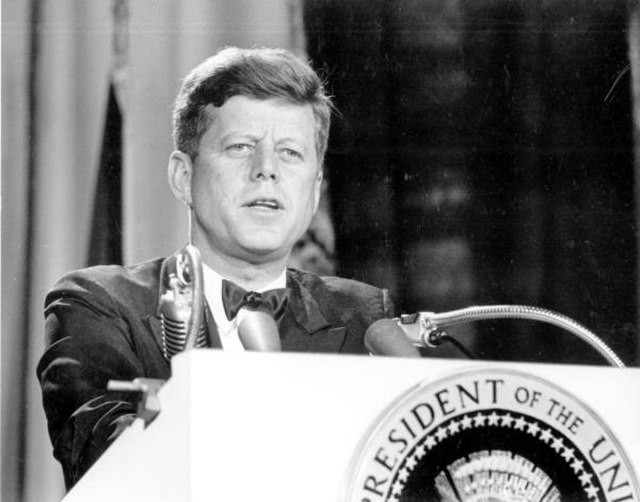The FBI has discovered approximately 2,400 records connected to the assassination of President John F. Kennedy, adding to the decades-long collection of government documents related to one of the most scrutinized events in American history.
The files, previously unrecognized as part of the official case records, were uncovered following a directive from President Donald Trump, who signed an executive order requiring the release of classified documents related to the assassinations of Kennedy, his brother Robert F. Kennedy, and civil rights leader Martin Luther King Jr.
New Documents and Ongoing Declassification
In a statement Monday, the FBI said it had performed a fresh search of records as part of a broader effort to comply with Trump's order. "The search resulted in approximately 2,400 newly inventoried and digitized records that were previously unrecognized as related to the JFK assassination case file," the agency said.
The bureau did not disclose the contents of the newly identified records but confirmed that the documents have been cataloged and are being transferred to the National Archives and Records Administration (NARA) for further review.
NARA has been overseeing the gradual release of Kennedy assassination records since Congress passed the President John F. Kennedy Assassination Records Collection Act of 1992, which mandated that all assassination-related material be preserved in a single collection and made available to the public. The law set a 25-year deadline for full disclosure, a process that has been repeatedly delayed due to national security concerns raised by federal agencies.
Years of Delays and Partial Releases
Since the 1992 law's enactment, over 5 million pages of records have been compiled, with multiple releases over the years. During his first term, Trump ordered the disclosure of more than 2,800 records in 2017, though some files remained classified due to national security, law enforcement, and foreign relations concerns. Another round of documents was made public in 2018.
In 2023, the Biden administration announced that NARA had completed its review of the remaining classified JFK assassination records, stating that 99% of the total files had been publicly released. However, researchers and transparency advocates have continued to call for the full release of all remaining documents.
Technological Advances Help Uncover More Records
The discovery of the new files is partly attributed to the FBI's efforts to centralize and digitize its records. Since 2020, the agency has been collecting closed case paper files from various field offices and consolidating them at its Central Records Complex in Virginia. The FBI cited technological advances in automating records processing as a key factor in identifying previously unrecognized documents.
The latest batch of records is expected to be included in the ongoing declassification process, though it remains unclear whether all files will be made public in their entirety.
Trump's Push for Full Disclosure
Trump has repeatedly expressed support for the full release of Kennedy assassination records, vowing during his 2024 campaign to unseal all remaining documents. His directive follows decades of public skepticism surrounding the official narrative of Kennedy's death, fueled by theories that challenge the Warren Commission's 1964 conclusion that Lee Harvey Oswald acted alone in the assassination.
Kennedy was killed on November 22, 1963, while riding in an open convertible in downtown Dallas. Oswald, arrested and charged with the assassination, was shot and killed two days later by nightclub owner Jack Ruby before standing trial, further fueling speculation of a cover-up.
Next Steps in the Declassification Process
The National Archives has yet to confirm when the newly uncovered records will be processed for release. Given the history of withheld documents and previous redactions, it remains to be seen whether federal agencies will push for continued classification of certain files.
Transparency advocates, historians, and researchers have long argued that the release of all JFK-related documents is necessary to provide a complete and unfiltered historical record.






